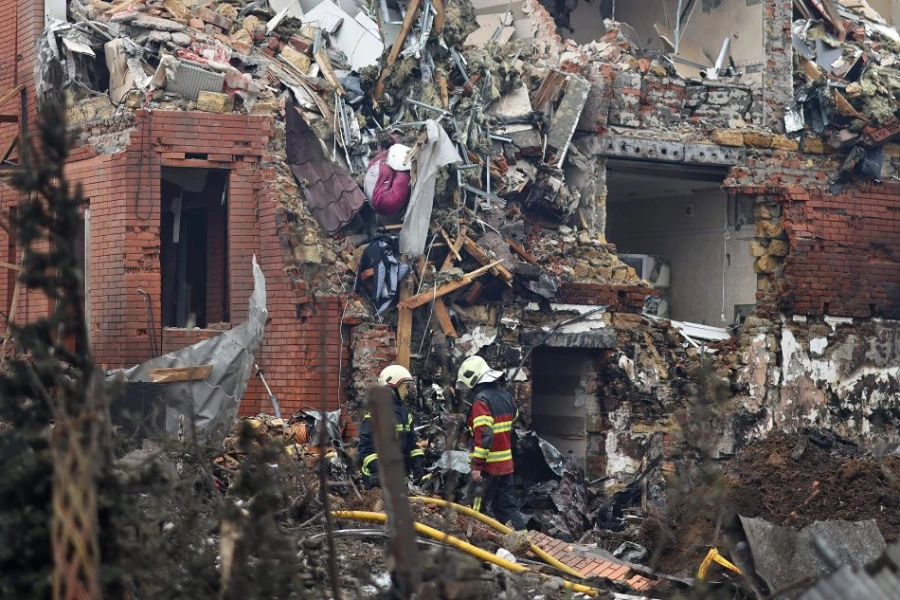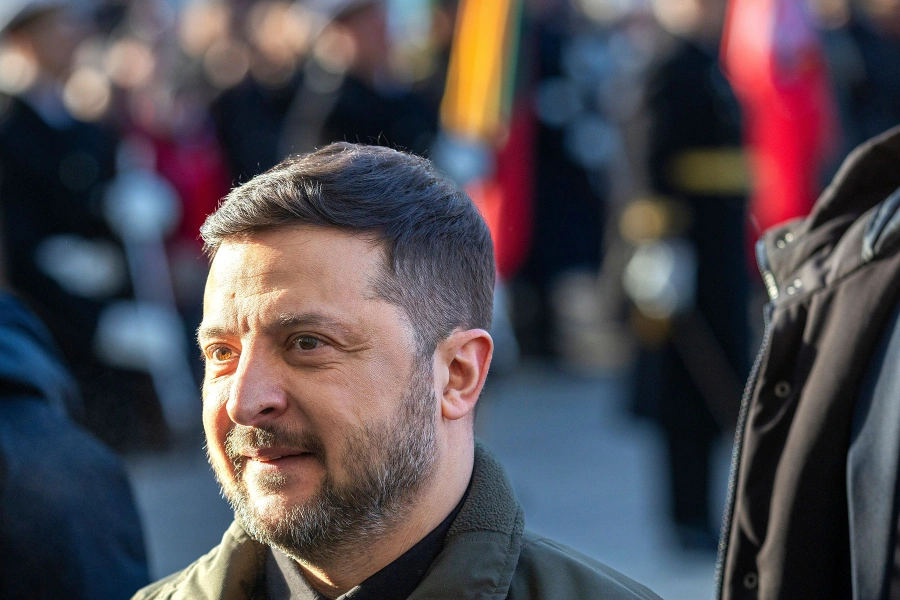KATMANDU, Nov 24: Rift among conflict victims has widened with two groups coming up with separate approaches to resolving the protracted quest for transitional justice.
Two days after a majority of conflict victims endorsed a charter proposing a mechanism to settle the more than 65,000 conflict-era cases, a dissident group of conflict victims has rejected the charter. The disgruntled group argues that justice would be undermined if the conflict-era cases are dealt with through a “perpetrator-driven mechanism”.
“We totally oppose the road map proposed to settle transitional justice issues through such a mechanism (which is like the body formed to integrate Maoist combatants into the Nepal Army) although it does include some issues related to conflict victims,” states a concept paper signed by 15 conflict victims. “A perpetrator-driven mechanism is not acceptable to us,” the paper adds.
Rift within ruling NCP widens with PM Oli rejecting vice chair...

The dissident conflict victims have threatened to launch a fresh round of protests if transitional justice is adjudicated through a political mechanism as envisioned in the charter. “We will launch protests both at national and international levels if justice is sabotaged and those accused of serious crimes against humanity are allowed to walk scot-free by disposing of the conflict-era cases through the mechanism,” the conflict victims have said in a statement issued on Friday.
The differences among conflict victims surfaced after a larger section of them united under the banner of the Conflict Victims Common Platform proposed the formation of a political mechanism, saying the existing transitional justice bodies have failed to settle the cases. They have also raised questions over the competence of the existing transitional justice bodies—Truth and Reconciliation Commission and Commission of Investigation on Enforced Disappeared Persons— pointing out that no tangible progress has been made in the four years since the commissions were formed.
The proposed mechanism, which is said to have emerged after wide-ranging consultations among politicians, conflict victims and human rights activists, will include representatives of political parties, the conflict victims themselves and representatives of the security agencies. A meeting of major political parties is scheduled next week in Bangkok and officials of the Nepal Army and Nepal Police and conflict victims are expected to participate in a bid to finalize policies on truth seeking, reparations, reconciliation and national policies .
With the issue of the political mechanism dominating the discourse, the Defense Ministry has asked the army not to participate in the meeting.
A two-day national conference of conflict victims that concluded on Wednesday expressed serious distrust toward the existing transitional justice bodies and demanded their restructuring through a rewriting of the laws with due consent from the conflict victims.
The gathering of more than 200 conflict victims stressed the need to settle the conflict-era cases at the earliest. The conflict victims who have come together under the CVCP say only wider participation by stakeholders including political negotiators can settle the conflict-era cases.
The disgruntled victims, however, say the involvement in the mechanism of alleged human rights violators as proposed in the charter will undermine the entire process. Conflict victims including Gopal Bahadur Shah, Phanindra Luitel, Gyanendra Raj Aran, Sabitri Shrestha, Sabitri Chilwal and Krishna Adhikari are leading the disgruntled side.



































